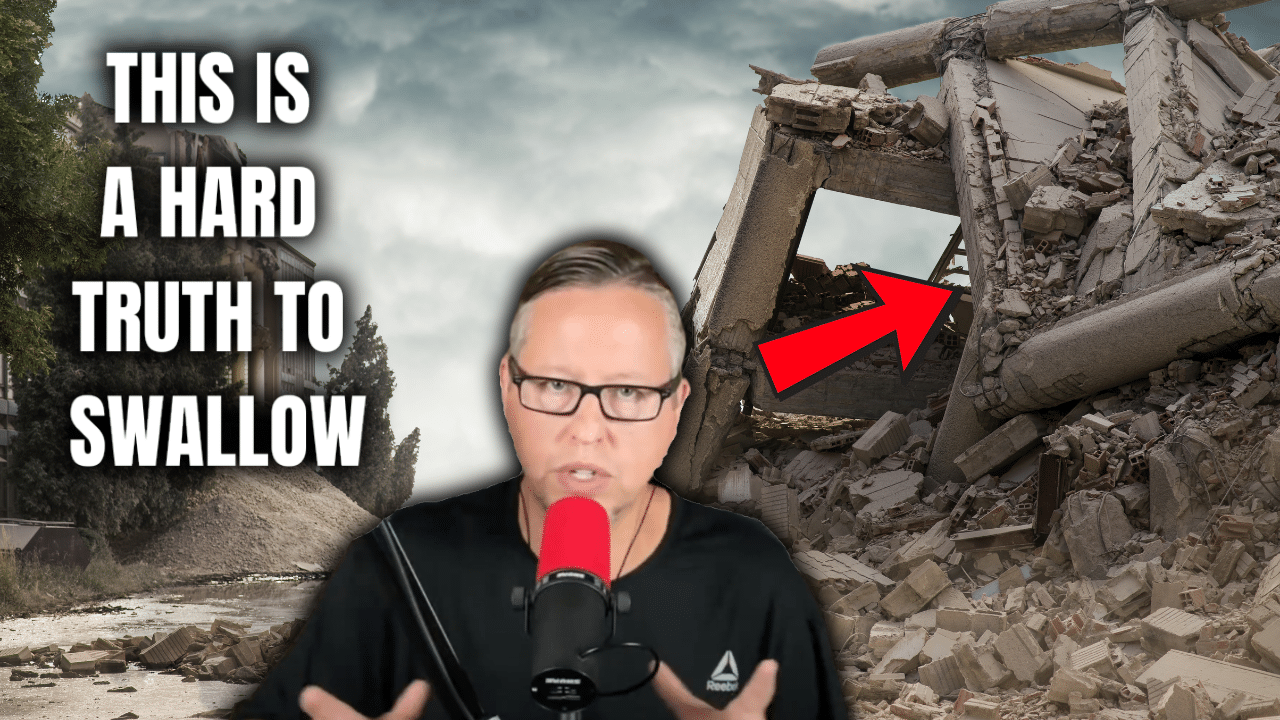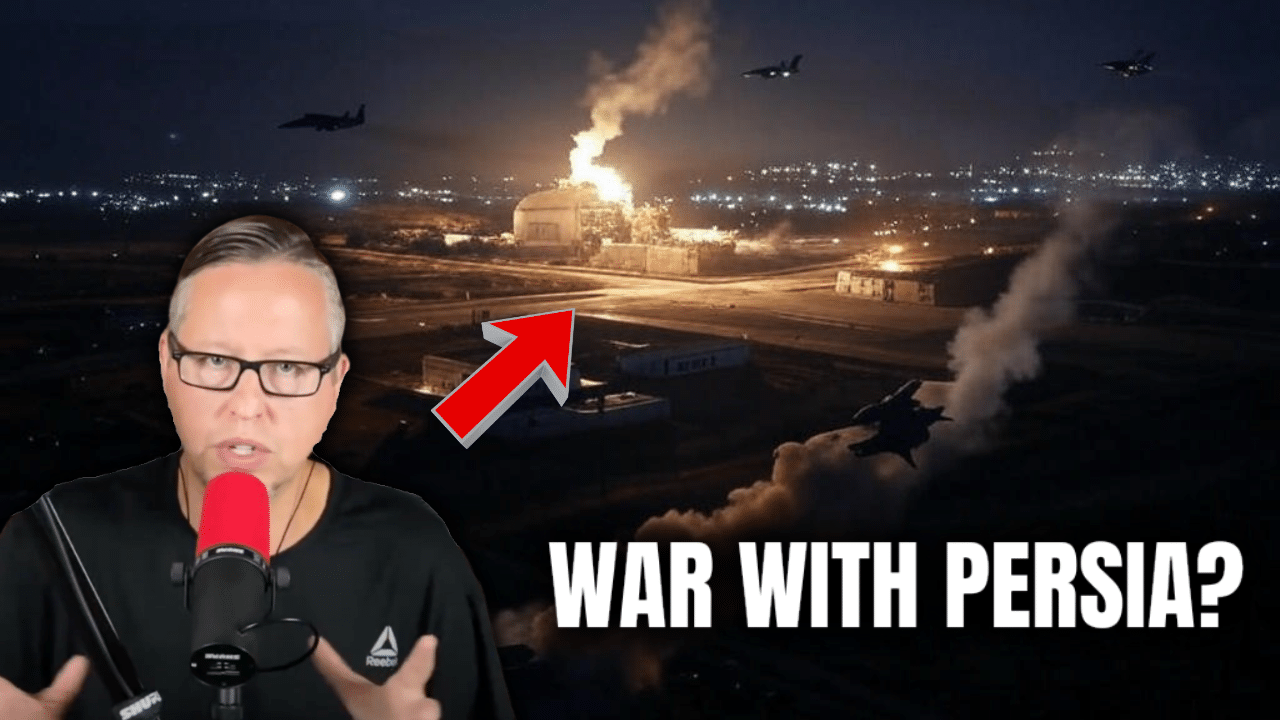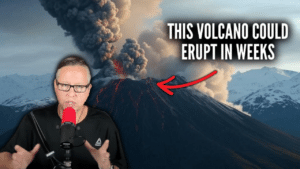The U.S. is sending troops to the Middle East in response to the surge in violence between Israel and Hezbollah and as the region teeters on the edge of an all-out war.
The Pentagon announced on Monday that ‘additional’ service members would be deployed to join the 40,000 already stationed in the region along with a dozen warships and fighter jet squadrons.
Israeli forces have ramped up their airstrikes deep inside Lebanon and the State Department has warned all Americans to leave as the risk of conflict spirals to levels not seen in years.
Tensions have reached boiling point in the last seven days, and started to deteriorate when pagers and walkie talkies owned by members of Hezbollah exploded in a coordinated attack last week.
Devastating airstrikes by the Israeli military on Monday killed at least 100 people and injured another 400 in Lebanon as IDF warplanes pummeled targets across the country.
Terrified residents in Beirut and elsewhere received calls and texts warning them to move away from Hezbollah targets, with Lebanon’s information minister condemning the alerts as a tactic of ‘psychological war implemented by the enemy’.
Schools have been closed early during the heavy attacks that have sparked calls for international intervention.
The Biden administration has warned Israel that escalation is not in their best interest and still want a diplomatic solution.
At the White House, Biden declined to answer shouted questions about the situation in Lebanon.
Later, he spoke only in general terms about the situation during a meeting in the Oval Office with President of the United Arab Emirates Sheikh Mohamed bin Zayed al-Nahyan, and did not respond to questions about rising tensions.
‘We also will discuss our efforts to end the war in Gaza and a number of regional issues,’ Biden told reporters.
‘I’ve been briefed on the latest developments in Israel and Lebanon. My team is in contact with their counterparts, and we’re working to deescalate in a way that allows people return to their homes safety. Mr. President, I want you to know that I remain committed to UAE security and look forward to discussions going to cover a lot of areas.
At the Pentagon, Press Secretary Gen. Pat Ryder would not confirm how many troops would be deployed or where they are going.
‘In light of the increased tensions in the Middle East, and out of an abundance of caution, we are sending a small number of additional US military personnel forward to augment our forces that are already in the region,’ he said.
‘Due to the unpredictable nature of ongoing conflict between Hezbollah and Israel and recent explosions throughout Lebanon, including Beirut, the U.S. Embassy urges U.S. citizens to depart Lebanon while commercial options still remain available,’ the State Department cautioned Saturday.
The number of troops deployed to U.S. Central Command grew from 34,000 to 40,000 in the aftermath of Hamas’ October 7 attack on Israel.
Navy warships are scattered across the region and anchored in the eastern Mediterranean Sea and the Gulf of Oman.
The U.S. has a single air craft carrier strike group, which includes the U.S.S. Abraham Lincoln, in the region, after another departed for the Asia Pacific region. In addition, there are Navy destroyers in the Red Sea and six warships in the Eastern Mediterranean.
The U.S. has placed four squadrons of fighter jets in the region, bolstered by the addition last month of advanced F-22 fighter jets, Military Times reported.
Lebanon’s prime minister has accused Israel of waging ‘a war of extermination’, and urged the United Nations to intervene ‘to deter the (Israeli) aggression’.
Huge plumes of smoke have been pictured at multiple sites, with rockets fired at areas not previously hit by strikes and witnesses reporting intense bombing raids.
Israel’s defence minister Yoav Gallant confirmed that the IDF was ‘deepening’ attacks in Lebanon and suggested that the situation would intensify, warning in a video message: ‘These are days in which the Israeli public will have to show composure.’
Gallant further revealed on X this morning that he has provided his US counterpart with a ‘situation assessment of Hezbollah threats and briefed him on IDF operations to degrade Hezbollah’s ability to launch attacks against Israeli civilians.’
He added that the wider regional security situation and ‘threats posed by Iran and its proxies’ were also discussed.
The IDF issued a warning to residents of villages in southern Lebanon: ‘If you are in or near a building that Hezbollah uses to store weapons or weapons, you must evacuate this building and move away from it immediately.
‘Anyone who is near Hezbollah operatives or the organization’s weapons puts themselves in danger.’








